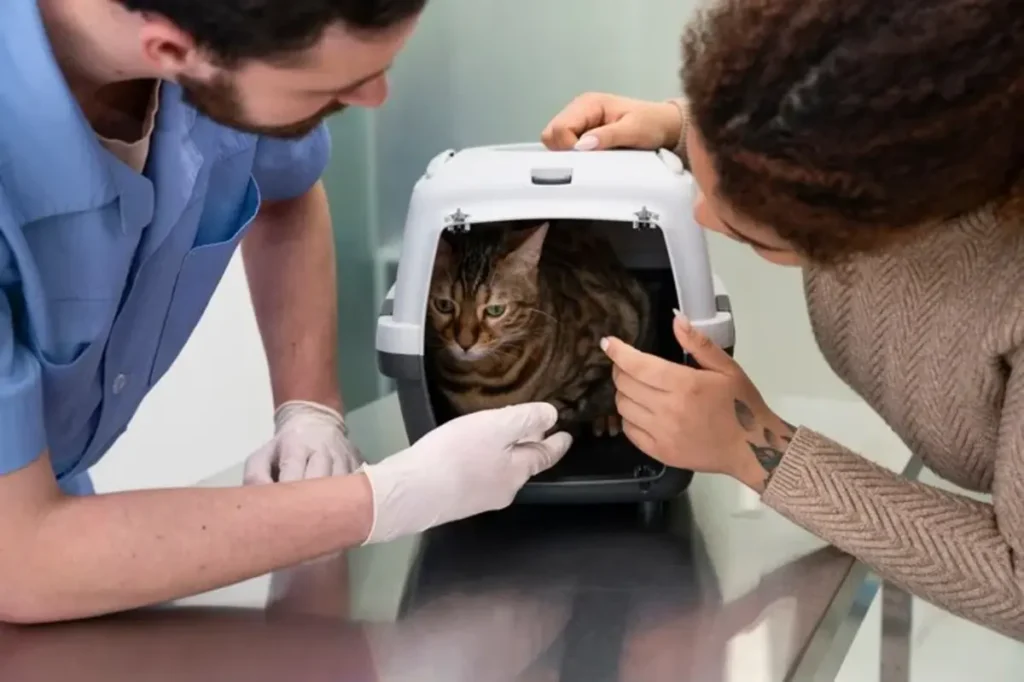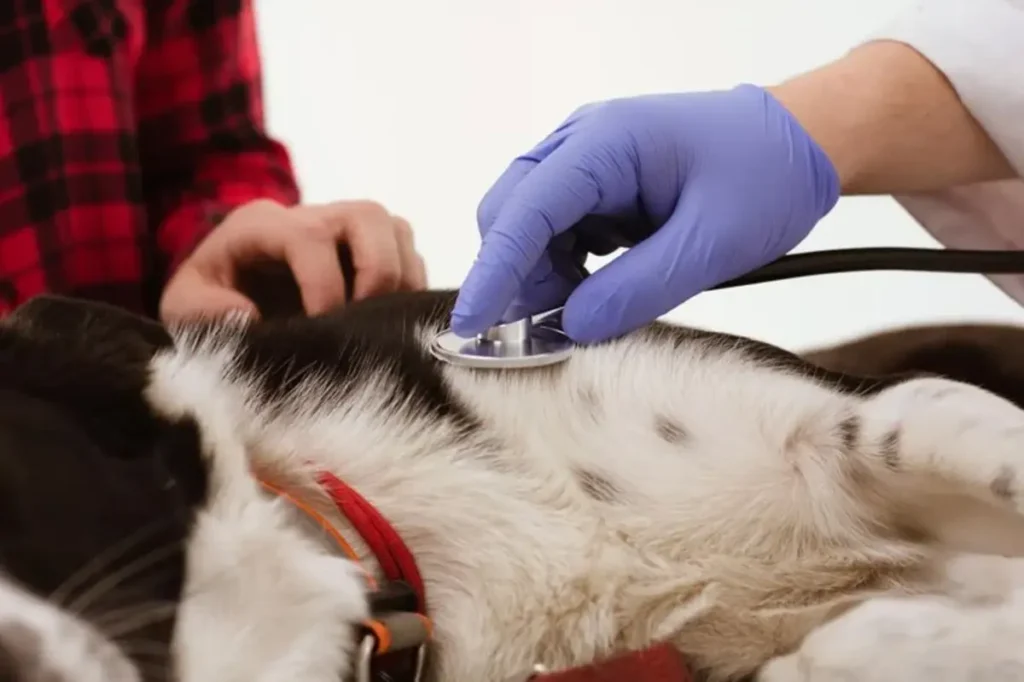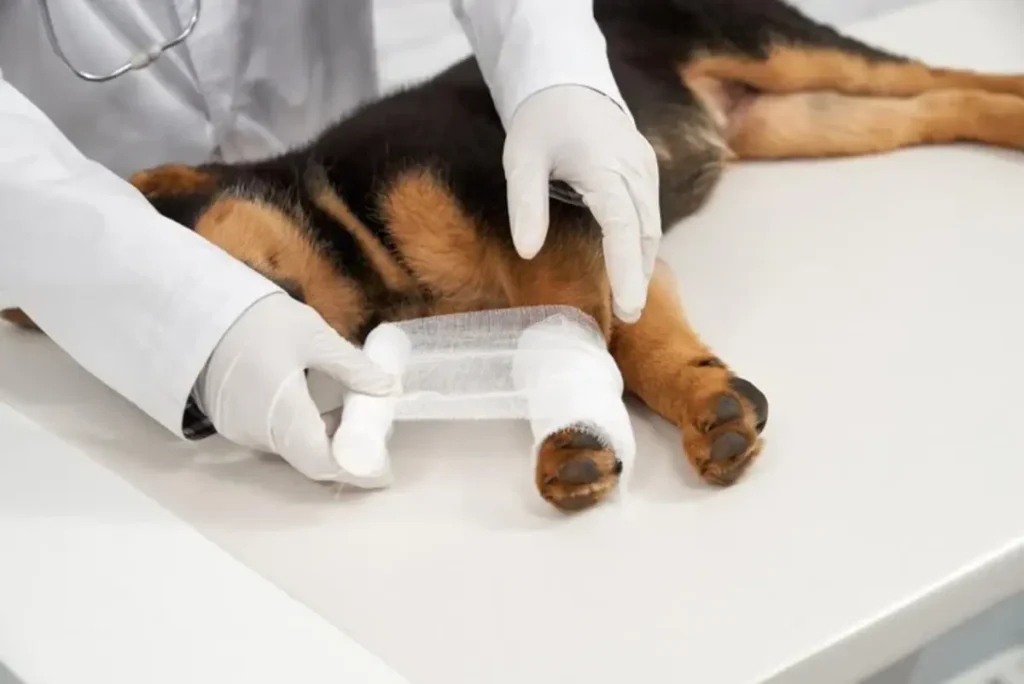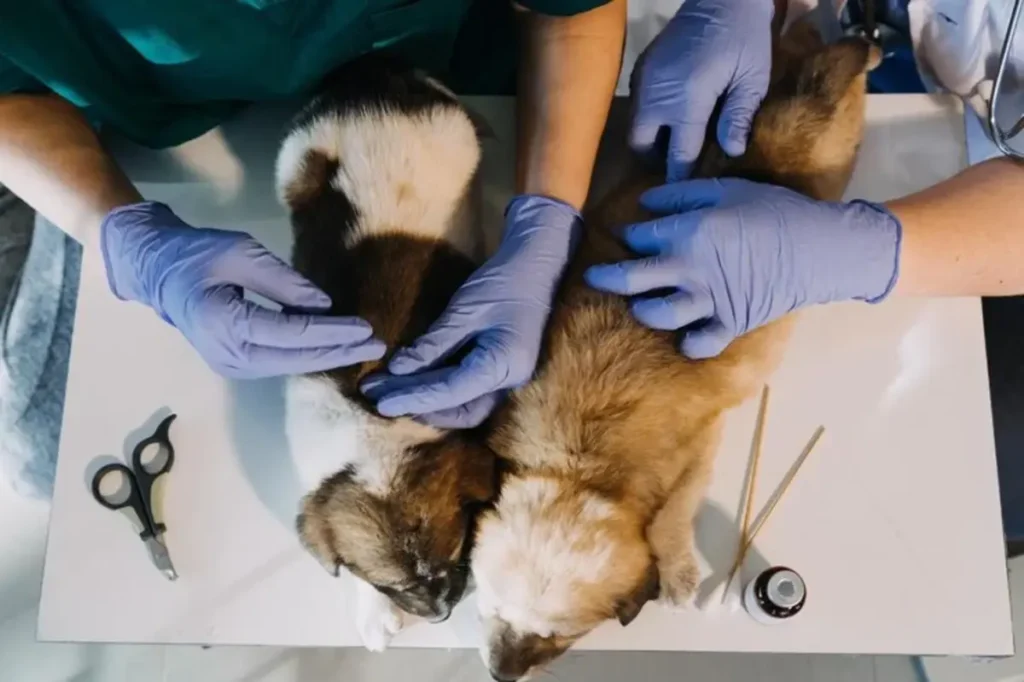-
P, 193, A, Ramakrishna Samadhi Rd,Kolkata- 700054
P, 193, A, Ramakrishna Samadhi Rd,Kolkata- 700054

Learn how Emergency Pet Care can be crucial for your pet’s health. Discover expert tips from one of the best pet clinics to handle pet emergencies effectively.

When it comes to our furry companions, nothing matters more than ensuring their health and well-being. In times of crisis, such as an injury or sudden illness, quick action and proper knowledge can make a huge difference in your pet’s recovery. Emergency pet care is a critical service for any pet owner, and understanding what it involves can help you act swiftly when every second counts.
In this guide, we’ll explore how Urgent Pet Care can benefit your beloved pets and offer key tips to help you navigate any urgent situation with confidence. By the end of this article, you’ll have a clearer understanding of how emergency care works and how you can be prepared to ensure your pet stays safe and healthy.
Urgent Pet Care refers to medical treatment given to pets in critical situations or when their health is at immediate risk. This care is often required when a pet is experiencing sudden injuries, acute illnesses, or life-threatening conditions. These situations can happen unexpectedly, and having access to a well-equipped veterinary team is vital for ensuring your pet’s well-being.
It’s important to recognize the signs of emergencies and have a plan in place so that your pet receives the proper care as soon as possible.
Pets, like humans, can experience sudden health problems that need immediate attention. From accidents to severe allergies or even sudden infections, timely intervention is crucial. Here’s why emergency pet care matters:
Having access to Emergency Pet Care can significantly impact your pet’s health outcomes.

As a pet owner, it’s essential to know how to respond in case of an emergency. Here are key tips for handling emergency situations effectively:
When faced with an emergency, it’s easy to panic, but staying calm is essential. Take a deep breath and assess the situation. This will help you make clear decisions and avoid making the situation worse.
Some common signs that require immediate attention include:
Understanding these signs can help you act quickly to get your pet the help they need.
Some basic first-aid techniques can make a significant difference while you wait for professional help. Here are some examples:
Have the contact details of your vet and emergency pet care clinic easily accessible. Having these numbers on your phone or in a visible place at home can save precious time during a crisis.
If you need to take your pet to an emergency clinic, make sure they’re as comfortable as possible during transport. Place them in a crate or carrier to minimize movement and avoid further injury. If your pet is large or difficult to handle, wrap them gently in a towel to control them.

Different types of emergencies can occur, depending on your pet’s breed, size, and environment. Some of the most common emergencies include:
Pets can be prone to accidents, whether they are hit by a car, fall from a height, or suffer from another injury. In these cases, it’s crucial to handle your pet gently, assess the severity of the injury, and rush them to a vet.
Pets may ingest toxic substances, including household cleaners, certain foods (like chocolate), or plants. If you suspect poisoning, immediately call your vet or an Immediate Pet Care service for guidance on what to do next.
Seizures can be caused by many different factors, such as epilepsy, toxins, or injuries. If your pet experiences a seizure, remain calm and try to ensure they’re in a safe, clear area. Don’t put anything in their mouth, and let the seizure run its course. Then, contact a vet immediately.
Breathing problems in pets can be alarming, and they require immediate attention. If your pet is struggling to breathe, keep them calm and contact an emergency clinic right away.
Heatstroke can be deadly for pets, especially in hot weather. If you notice signs like excessive panting, drooling, or lethargy, move your pet to a cooler area, offer water, and contact your vet as soon as possible.
To know more about Emergency Pet Care services visit here

Q1: How do I know if my pet needs emergency care?
Look out for severe symptoms such as uncontrolled bleeding, difficulty breathing, or seizures. If your pet is in intense pain or shows signs of poisoning, they may require immediate attention.
Q2: Should I wait for my regular vet, or take my pet to an emergency clinic?
In cases where the emergency is life-threatening, it’s better to go directly to an Emergency Pet Care clinic, especially if your regular vet is unavailable.
Q3: What are the costs of emergency pet care?
Emergency pet care costs can vary depending on the clinic and the type of care required. It’s always a good idea to ask your vet about the costs associated with different procedures.
Q4: How can I prevent emergencies from happening to my pet?
Prevention is key. Ensure your pet’s safety by keeping dangerous substances away from them, maintaining a secure home, and monitoring their health regularly for signs of illness.
Emergency pet care is a crucial part of responsible pet ownership. Understanding how to respond during an emergency and knowing when to seek professional help can make all the difference for your pet’s health and survival. Keeping these tips in mind will help ensure that you’re well-prepared for unexpected situations.
If you’re ever unsure about your pet’s condition or need assistance in an emergency, always reach out to the best pet clinic in Kolkata. Being proactive and informed can give your pet the best possible chance for a full recovery.